People With Disabilities Excluded at Moravian
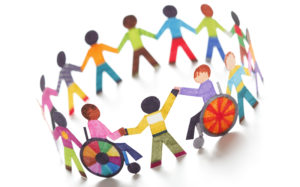
Photo courtesy of www.volunteermississippi.ms.gov
When I was an incoming freshman in the fall of 2019, Moravian College had a Peer Mentoring program that operated through the accommodations center.
As a student who needs accommodations, I was welcomed into the program and assigned a peer mentor who helped me greatly in transitioning from high school to college.
At the time, the Peer Mentor program was there to help incoming freshmen understand what Moravian’s Accessibility Services Center was and how accommodations could be made, how to effectively communicate with professors about accommodations, and how to successfully navigate through campus and campus life.
Fast forward to last semester, when we all received an email from the Office of Diversity, Equity, and Inclusion (DEI), that encouraged us to participate in the Peer Mentor program. The program was extended out to DEI, which essentially took over the program.
DEI claimed that this was “a new orientation program” for incoming freshmen of groups including “BIPOC, LGBTQ+, first-generation, and/or low income first-year and transfer students”– notice how disabilities is not on that list.
Not only were there already students who utilized this program, but there were incoming students denied the assistance that I was lucky enough to have had in my freshman year at Moravian.
The biggest issue with this is that anyone could need accommodations and support at any point in their life, and this applies to any demographic. Additionally, people could need it now, and they are not receiving it.
The University shouldn’t make it even harder for these students by taking away one of the few resources that was actually available.
Recall what DEI stands for: “Diversity, Equity, and Inclusion.” This group is excluding people who are disabled, physically or otherwise, and restricting their access to function equitably as a Moravian student.


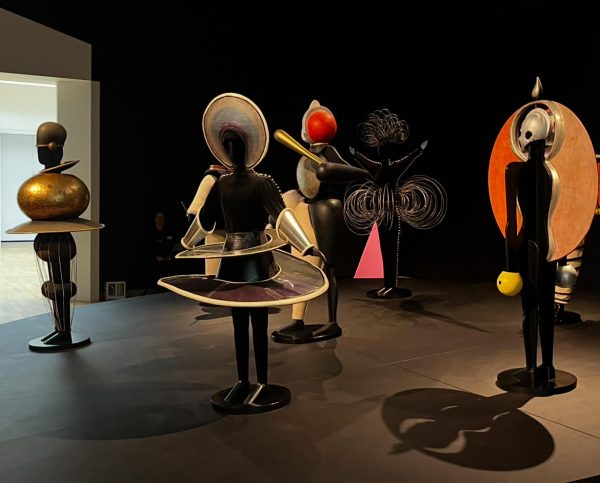
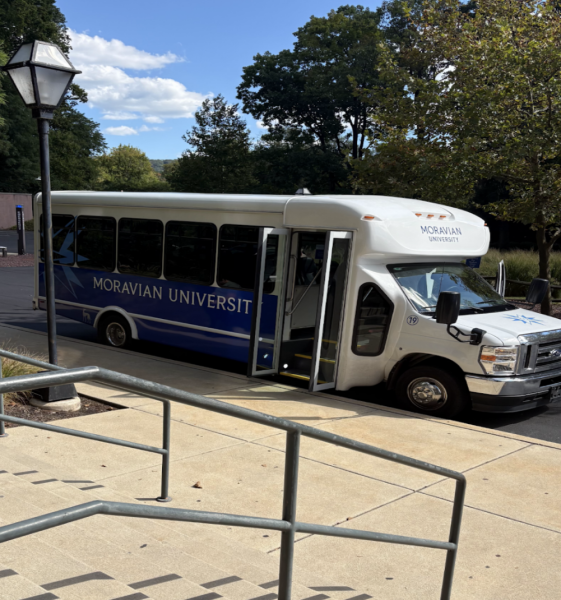
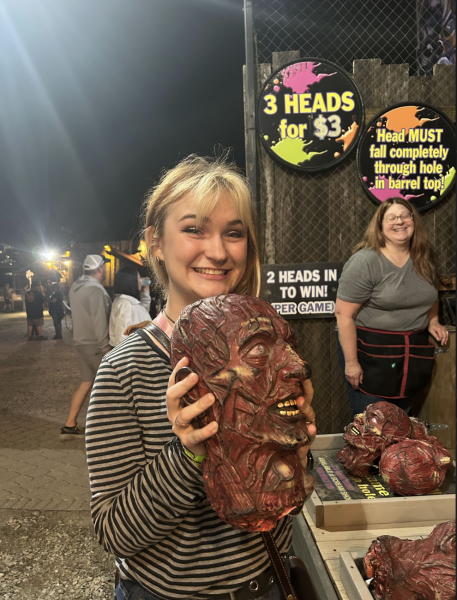


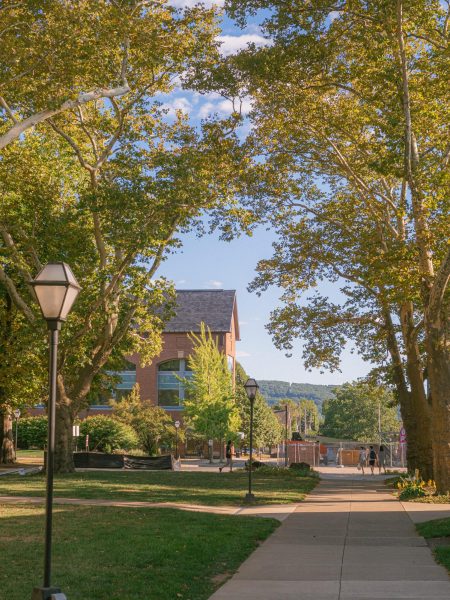

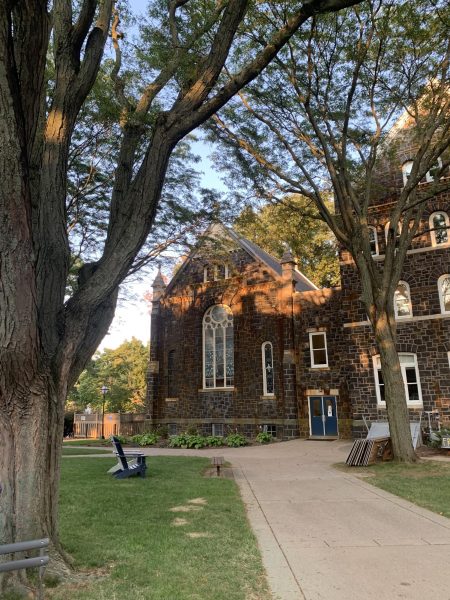

Nicholas Creary • Oct 1, 2021 at 4:08 pm
Dear Ms. Borger,
As the DEI profession who was responsible for initiating the Guiding Greyhounds Orientation Program, allow me to share with you some of the incidents that occurred which unfortunately affected the IMPACT Mentoring Program. During the search that brought Dr. Daisy Purdy and me to campus, I shared my desire/intention to start an orientation program for incoming historically underrepresented and marginalized students akin to the program I ran at the University of Iowa. When Dr. Purdy and I arrived, and secured the funding for the program, I assembled a planning committee with members from offices across campus to assist with the planning and staging of the program that would eventually become Guiding Greyhounds. Shortly after the invitations to join the planning committee were issued, the Chaplain’s office informed me that they would cancel the IMPACT program ostensibly due to substantial overlap with Guiding Greyhounds. When colleagues from the Chaplain’s office, the Center for Global Education, and I issued the call for peer mentors and incoming student protégées in an effort to reboot the mentoring program, we received several applications for mentors but none for protégées, and so we did not proceed with the program.
With regard to students with accessibility issues, we had several significant conversations about whether or not to include students with disabilities in the advertising materials for Guiding Greyhounds, and we decided not to include this group specifically because we could not require students to identify their accessibility issues without violating the Americans with Disabilities Act. We did, however, provide space for students to self-identify any accessibility issues that they have, and several identified accessibility issues for which we were able to plan so that the students were able to participate fully and experience the benefits of the program. During the peer leader training, students participated in sessions that dealt specifically with how to work with students with accessibility issues as well as psychological issues that students of color and/or with marginalized identities will face on a PWI campus.
With regard to accessibility issues on campus and DEI more broadly, prior to Dr. Purdy’s termination of service to the institution and my being forced out of DEI, we had begun collaborating with colleagues from the Accessibility Service Center, Student Success Office, and members of the Faculty in what we were calling the Accessibility Working Group to identify ways to improve support for students with accessibility issues, both visible and invisible. As Dr. Purdy often said, diversity has to be about more than skin color and body parts. So we were working actively to make that reality part of DEI’s mission of equity and inclusion. I do not know what the status of that work is currently.
Sara J. McClelland • Oct 1, 2021 at 2:48 pm
Thank you for sharing, Shayla. I hope that you can talk with DEI and ASC and that you take on a leadership role to make sure that the Peer Mentoring Program is still available for students with disabilities.